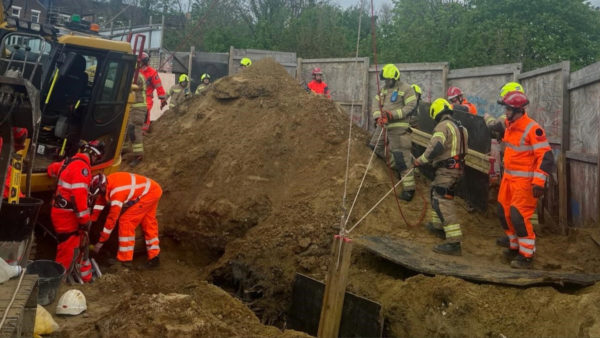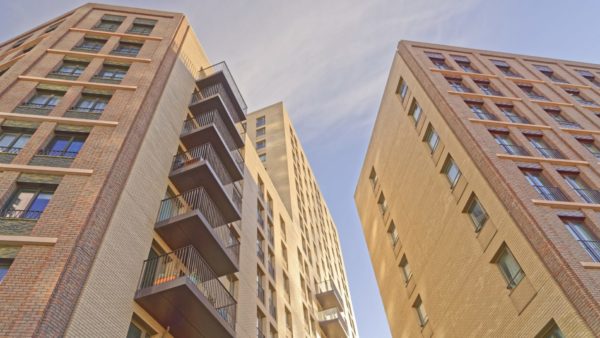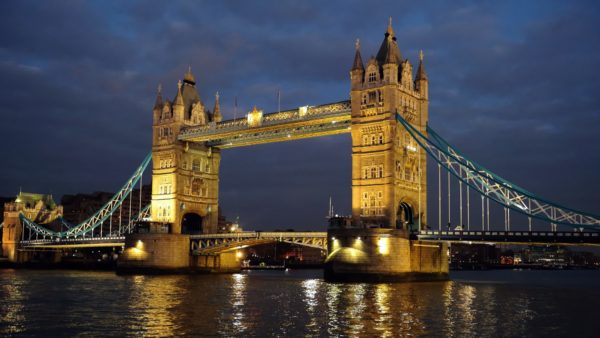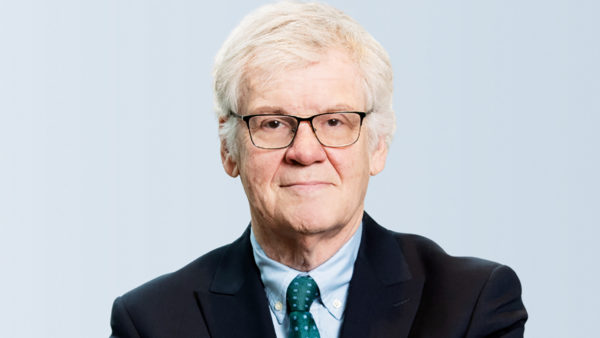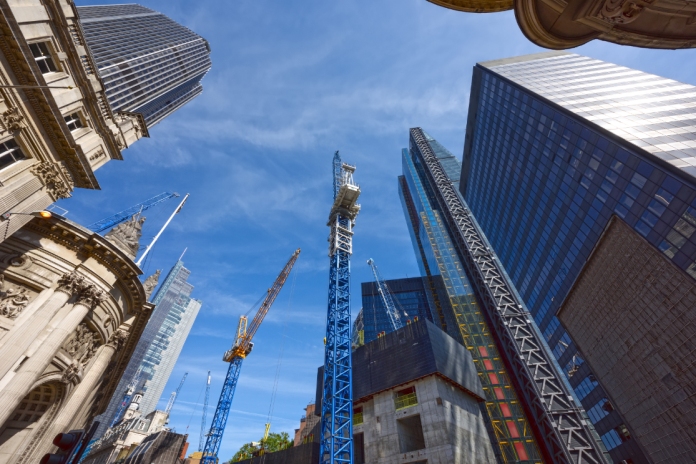
The University of Surrey is to investigate how increased construction of tall buildings will impact the meteorology, air quality, and climate of towns and cities in the UK.
The study is being launched after the University of Surrey won a £1.8m contract from the Engineering and Physical Sciences Research Council to look into the effects of tall buildings on the urban environment.
Surrey’s research team will coordinate the project in partnership with the Universities of Reading and Southampton.
Around 70% of the world’s population is expected to be living in urban areas by 2050, which researchers think could increase the “urban island effect” – a phenomenon whereby urban areas are typically some degrees warmer than surrounding rural areas.
The University of Surrey’s Future project will try to understand how tall buildings disrupt the meteorology of urban areas and contribute to the ‘urban heat island’ effect and other health concerns. It also aims to produce fast analytical models that can identify construction characteristics that produce detrimental consequences to the local microclimate, as well as suggesting corrective actions.
The study will harness Surrey’s wind tunnel modelling and air pollution expertise at the Centre for Aerodynamics and Environmental Flow, Reading’s meteorological and full-scale experimental background, and Southampton’s leading role in high-fidelity computational fluid dynamics.
Professor Alan Robins, professor of environmental fluid mechanics at the University of Surrey and principal investigator of Future, said: “The increased concentration of commercial and social uses of our urban spaces means that we will continue to see new high-rise building developments in our cities and town centres. Our project is really about understanding the consequences of that development and about the choices for mitigating adverse effects over a range of topics, including air quality, air-borne diseases, and various factors that see tall buildings contribute to climate and health concerns.”
Dr Marco Placidi, lecturer in experimental fluid mechanics and part of the Future project team at Surrey, added: “Crucially, we want to provide citizens, policymakers, and other decision makers with the tools and knowledge necessary to make wise choices in the design and the placement of new buildings to develop more sustainable and resilient urban environments. In this respect, project Future is a significant step in this direction and contributes and consolidates the EnFlo Lab’s international reputation in environmental flow.”


